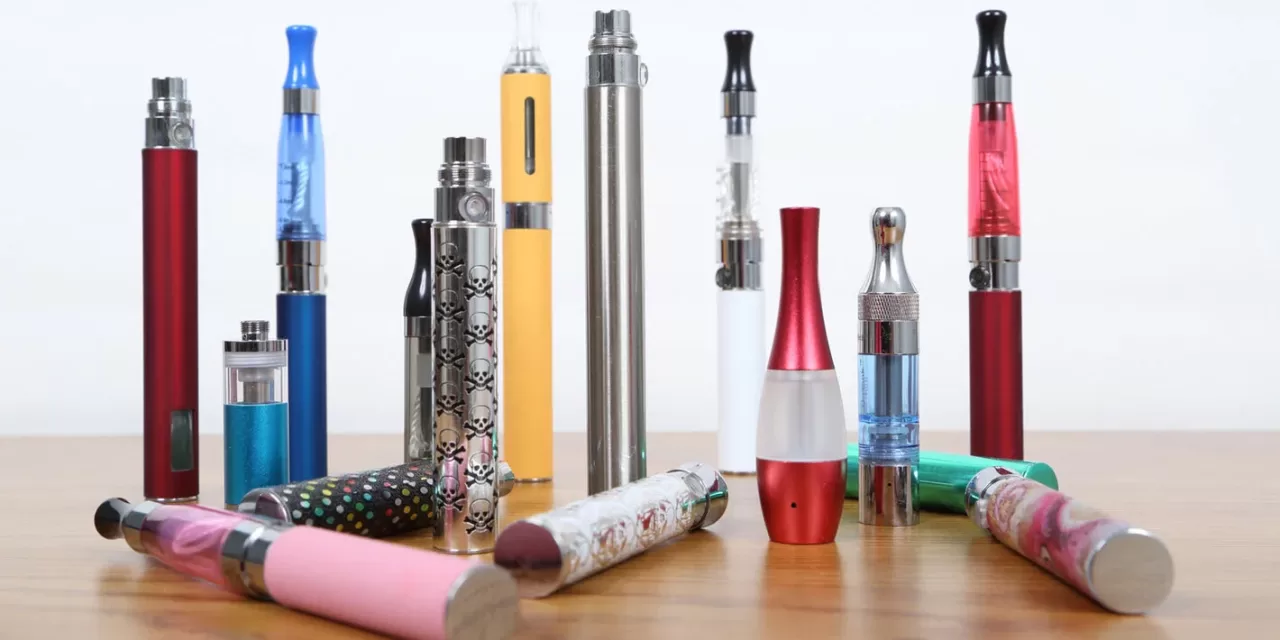Chinese Trial Shows E-Cigarettes More Effective Than Gum and Comparable to Varenicline
A recent randomized trial conducted in China has revealed that among motivated adults seeking to quit smoking, electronic cigarettes are more effective than nicotine chewing gum and as effective as varenicline in achieving sustained abstinence at 6 months. While the findings highlight the potential efficacy of e-cigarettes as a smoking cessation tool, concerns about their long-term safety persist, according to the researchers.
Methodology:
- The study included 1068 participants in China who smoked at least 10 cigarettes per day.
- Participants were randomly assigned to undergo a 12-week treatment with a cartridge-based e-cigarette, varenicline, or nicotine chewing gum.
Key Findings:
- At 6 months, the biochemically validated quit rate was 15.7% for those using e-cigarettes, 14.2% for those using varenicline, and 8.8% for those using nicotine gum.
- At 6 months, 62.8% of participants in the e-cigarette group continued using the devices, while participants in the other arms had not sustained their treatments.
- Adverse reactions with e-cigarettes and nicotine chewing gum included throat and mouth irritation (7%-8% of participants).
- In the varenicline group, 8.8% experienced nausea.
- No serious adverse events were reported.
In Practice:
- Dorothy K. Hatsukami, PhD, from the University of Minnesota, and Judith J. Prochaska, PhD, MPH, from Stanford University, suggested a moderate approach, recommending approved medications initially and considering e-cigarettes if other methods fail, with a comprehensive acknowledgment of potential caveats.
Limitations:
- The trial had an open-label design, potentially influencing results based on participants’ expectations.
- Participants older than 45 years were not included, raising questions about the generalizability of the findings to older populations.
- Continued research is needed to assess the long-term benefits or risks of e-cigarette use.
- The trial did not explore combined forms of nicotine replacement therapy, and the nicotine gum dose for some participants may have been suboptimal.
Disclosures:
- The study received support from the Scientific Research Project Fund of China-Japan Friendship Hospital.
- The researchers reported no conflicts of interest.
- Judith J. Prochaska disclosed receiving fees from Achieve Life Sciences, OneLeaf, and attorneys involved in litigation against tobacco companies.
The corresponding author for the study was Zhao Liu, PhD, from the China-Japan Friendship Hospital in Beijing. The study was published online on January 29, 2024, in JAMA Internal Medicine.












